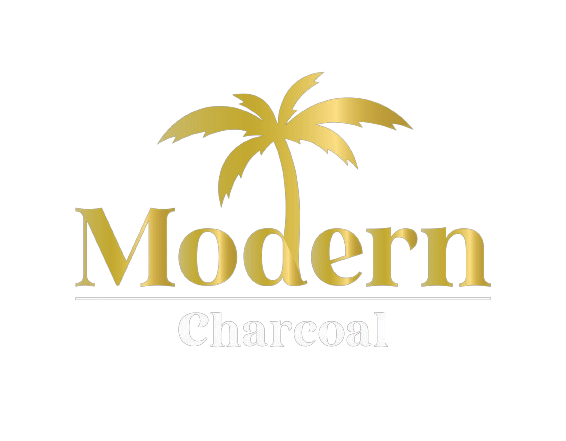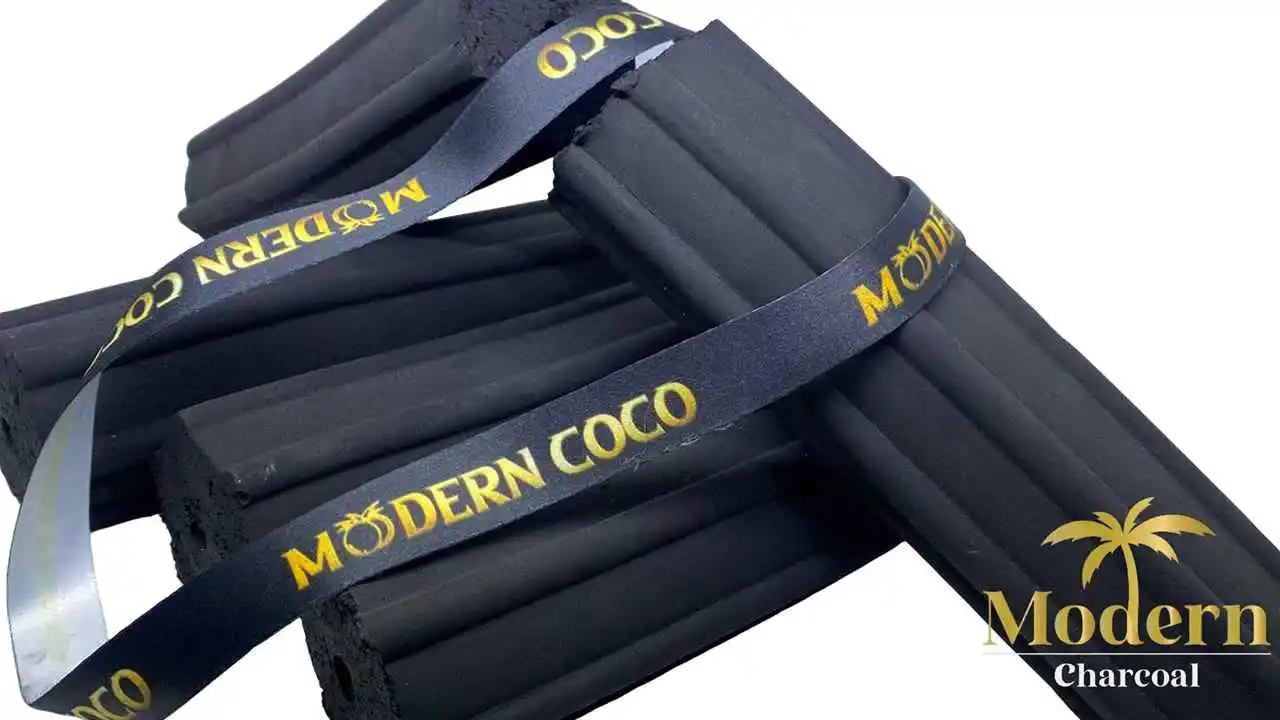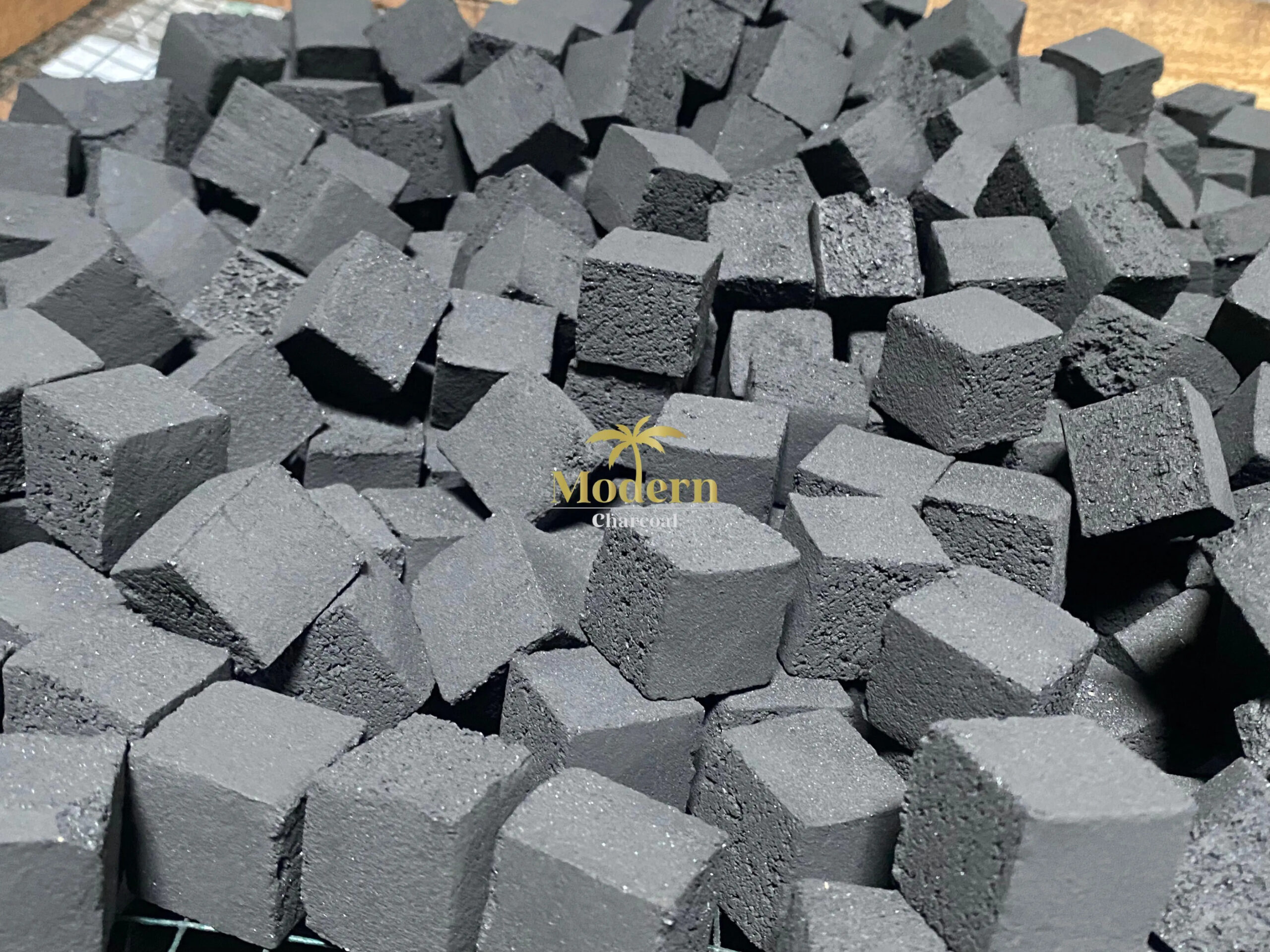BBQ Charcoal enthusiasts often debate the merits of various fuels, but the traditional charm of charcoal grilling is hard to beat. Charcoal” target=”_blank”>Charcoal brings a distinct smoky flavor to food that gas grills struggle to match. However, one common question arises: How long does BBQ charcoal last? This guide aims to answer that question in detail, covering both the shelf life of unused charcoal and how long it burns during cooking. The art of grilling with charcoal harks back to a tradition deeply embedded in the fabric of culinary history, offering an experience that modern technologies struggle to replicate. Charcoal BBQ grills stand as monuments of simplicity, bringing an authentic flavor and a primal satisfaction to the grilling process. This article explores the allure of charcoal grilling, its benefits, techniques, and tips for enthusiasts looking to master the flames.
Shelf Life of Charcoal
Types of Charcoal
Lump Charcoal: Made from hardwood, lump charcoal is the purest form. It lights quickly and burns hot, making it a favorite among grilling purists.
Briquettes: Composed of charcoal dust and binders, briquettes offer a consistent shape and size. They burn longer and more steadily than lump charcoal.
Storage Conditions
Moisture: Charcoal absorbs moisture, which can affect its ability to light and burn efficiently. Store in a dry, cool place.
Airflow: Proper ventilation in storage areas prevents charcoal from absorbing odors or dampness.
Containers: Use airtight containers for long-term storage to protect charcoal from moisture and pests.
Shelf Life
Unopened Bags: Properly stored, unopened bags of charcoal can last indefinitely, though the best use is within a couple of years from purchase.
Opened Bags: Once opened, charcoal’s effectiveness diminishes over time. Use opened bags within a year for optimal performance.
Burning Time
Factors Affecting Burning Time
Charcoal Type: Lump charcoal tends to burn out faster than briquettes due to its irregular shape and higher reactivity.
Grill Type and Size: Larger grills require more charcoal. Airflow control in the grill also impacts how long charcoal burns.
Weather Conditions: Wind, humidity, and temperature can affect burning time. Wind increases oxygen flow, causing charcoal to burn faster.
Average Burning Times
Lump Charcoal: Typically burns for 1 to 1.5 hours at high heat. Adding more charcoal extends
cooking time.
Briquettes: Can maintain cooking temperatures for about 1 to 2 hours. Their uniform shape provides consistent heat output.
Tips for Extending Burn Time
Minimize Lid Opening: Every time you open the grill lid, heat escapes, requiring more fuel to maintain temperature.
Adjust Air Vents: Control the grill’s temperature and extend charcoal’s burn time by adjusting the air vents.
Use a Charcoal Chimney: Start your charcoal in a chimney for quicker and more efficient lighting, reducing waste.
Using a charcoal BBQ grill can be a rewarding experience, offering delicious flavors that are hard to replicate with other cooking methods. However, mastering the art of charcoal grilling requires understanding some key principles and techniques. Here’s a comprehensive guide how to use charcoal bbq grill:
Getting Started with Your Charcoal Grill
1. Choose the Right Grill: Select a grill that fits your space, budget, and cooking style. There are various types, from simple kettle grills to larger, more complex models with additional features.
2. Understand Charcoal: There are two main types of charcoal: briquettes and lump charcoal. Briquettes are uniform in size and burn consistently, while lump charcoal is irregular but burns hotter and faster. Choose based on your cooking needs.
3. Essential Tools: Ensure you have the right tools, including a chimney starter, grill tongs, a grill brush, and a meat thermometer for safe and efficient grilling.
Lighting the Charcoal
1. Using a Chimney Starter: A chimney starter is the most effective way to light charcoal. Fill the chimney with charcoal, place crumpled paper underneath it, and light the paper. In about 15-20 minutes, the coals should be ash-covered and ready to use.
2. Without a Chimney Starter: If you don’t have a chimney starter, arrange the charcoal in a pyramid shape in the grill, light it with lighter fluid (sparingly), and wait until it’s ash-covered.
Conclusion
Charcoal grill BBQ stands out for its ability to impart a smoky flavor that is the hallmark of traditional barbecue. The smoke from the charcoal infuses the food with a rich, deep taste that has been celebrated in various cultures around the world. Moreover, the high heat achievable with charcoal grills is ideal for searing meat, creating a crispy, caramelized exterior while keeping the inside juicy and tender. The longevity of BBQ charcoal, both on the shelf and in the grill, varies significantly based on storage conditions, charcoal type, and usage methods. By understanding these factors and adopting best practices for charcoal storage and usage, grill masters can ensure they get the most out of their charcoal, enjoying many flavorful barbecues to come.



